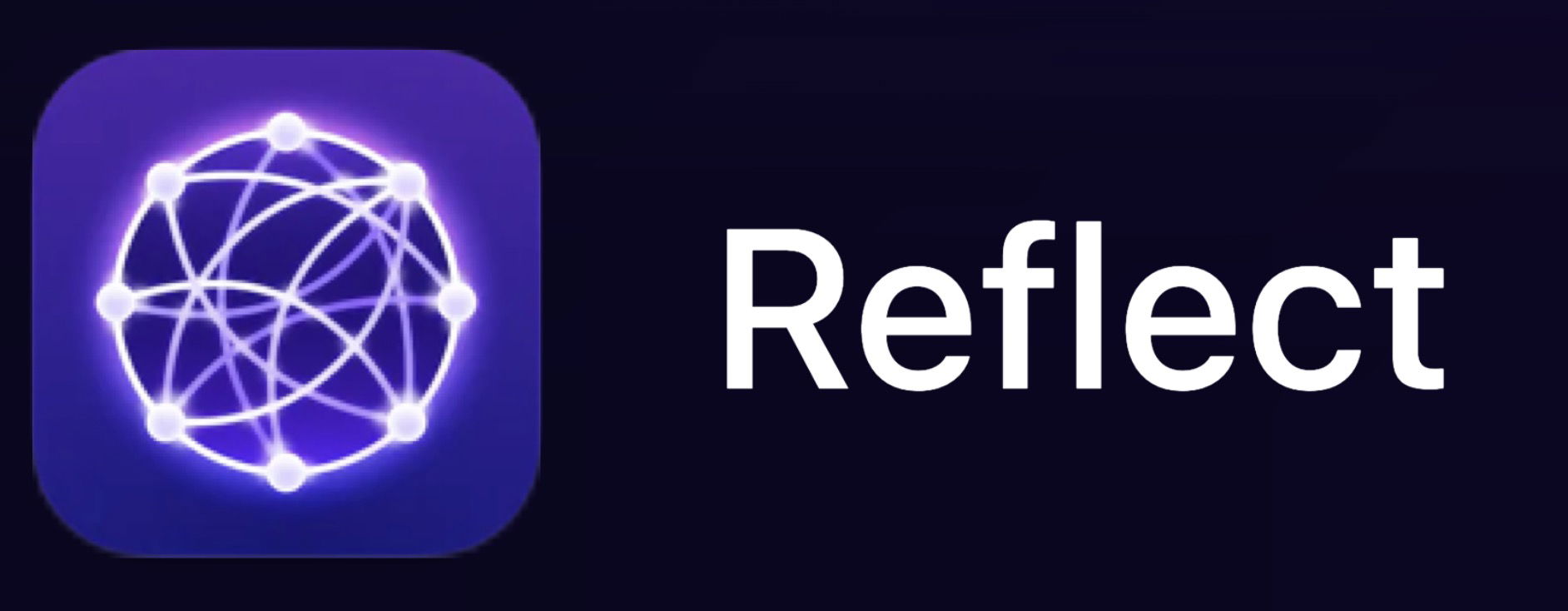
Deepfake Meaning: A Comprehensive Dive into AI's Synthetic Media
Looking for our Text to Speech Reader?
Featured In
- So, What is the Meaning of Deep Fake?
- History: The Origins of Deepfakes
- The Inception: First Deepfake to Shake the Internet
- Viral Waves: Top Most Shared Deepfakes
- Endless Possibilities: Use Cases for Deepfake
- Decoding the Real from the Fake: How to Spot a Deepfake
- Legal Grounds: Are Deepfakes Illegal?
- Behind the Scenes: How Do Deepfakes Work?
- Potential Hazards: Are Deepfakes Dangerous?
- Virtual Realities: Deepfake vs. Augmented Reality
- Digital Transformations: Deepfake vs. Photoshop/Faceswap
- Navigating the Gray: Laws Surrounding Deepfakes
- Resources for Those Struggling with Pornography
- The 9 Best Deepfake Websites
- FAQs about Deepfakes
In the age of information, understanding the meaning of "deepfake" is imperative. As technology advances, the distinction between what's real and what's...
In the age of information, understanding the meaning of "deepfake" is imperative. As technology advances, the distinction between what's real and what's fabricated becomes blurred, posing challenges and opportunities alike.
So, What is the Meaning of Deep Fake?
Deepfake refers to synthetic media where a person's face or voice is replaced with someone else's, using deep learning algorithms. The term is a fusion of "deep learning" and "fake."
History: The Origins of Deepfakes
It was a Reddit user who coined the term "deepfake". However, the technology's foundation relies on the principles of artificial intelligence and machine learning, particularly neural networks.
The Inception: First Deepfake to Shake the Internet
The initial deepfakes were rudimentary, but the first to gain attention was one replacing the face of a Hollywood actress with that of another person. The public's reception was mixed with awe and concern.
Viral Waves: Top Most Shared Deepfakes
From face swaps of Mark Zuckerberg to fake videos of Donald Trump, the internet has witnessed several viral deepfakes. Other notable mentions include Obama and Hollywood stars like Cruise.
Endless Possibilities: Use Cases for Deepfake
Deepfakes have varied use cases. Hollywood uses deepfake technology to de-age actors or bring them back to life. There's also potential in personalized advertising and virtual reality. However, deepfakes on social media can spread fake news or misinformation.
Decoding the Real from the Fake: How to Spot a Deepfake
Though some deepfakes are convincing, looking for irregularities in facial expressions, mismatched audio, and lighting can help in deepfake detection. Companies like Microsoft and DeepTrace are working on advanced solutions.
Legal Grounds: Are Deepfakes Illegal?
The use of deepfakes isn't illegal per se. However, using them for scams, phishing, revenge porn, or spreading misinformation can land one in legal trouble. States like California and Virginia have laws against malicious use of deepfakes.
Behind the Scenes: How Do Deepfakes Work?
At its core, deepfake relies on a type of neural network called "Generative Adversarial Network" or GAN. Here, one part, the generator, creates images while the decoder identifies the fake ones, iterating until a convincing deepfake is made.
Potential Hazards: Are Deepfakes Dangerous?
Yes, deepfakes pose risks. They can be used for scams, spreading fake news, and even geopolitical disinformation campaigns by world leaders or states. Misleading deepfake videos on social media can fuel misinformation and unrest.
Virtual Realities: Deepfake vs. Augmented Reality
While both manipulate reality, deepfakes replace real content with AI-generated fake content, while augmented reality overlays digital data on the real world.
Digital Transformations: Deepfake vs. Photoshop/Faceswap
Photoshop manipulates existing images, while faceswap interchanges faces. Deepfakes, however, use machine learning to generate entirely new synthetic media, making them more advanced and harder to detect.
Navigating the Gray: Laws Surrounding Deepfakes
Countries are still grappling with laws regarding deepfakes. While California has laws against deepfake pornography and misleading political videos, it's a developing space, needing more concrete legislation.
Resources for Those Struggling with Pornography
Fight the New Drug
A non-profit organization that uses science, facts, and personal accounts to inform individuals about the harmful effects of pornography. Their deep learning algorithms analyze the impact of porn on neural networks, helping users understand the brain's rewiring process.
NoFap
Originated from a Reddit user's challenge, NoFap has grown into a supportive community for individuals aiming to abstain from pornography and masturbation. Its forum discusses issues like revenge porn, deepfake pornography, and their impact on mental health.
Pure Desire Ministries
Offering healing to those affected by sexual addiction, this faith-based organization also educates about the societal effects of pornography, including the rise of fake content like deepfakes, which sometimes employ facial recognition technology.
Covenant Eyes
An Internet accountability and filtering tool, Covenant Eyes helps users maintain online integrity. It employs advanced algorithms and artificial intelligence to detect and block inappropriate content, safeguarding against deepfake pornography and scams.
Celebrate Recovery
A Christ-centered recovery program, it aids those grappling with various issues, including pornography addiction. It highlights the importance of understanding the real vs. AI-generated worlds, ensuring individuals aren't deceived by fake images or synthetic media.
Fortify
A platform designed to equip individuals battling porn with tools and strategies. With the increasing use of deepfakes in adult content, Fortify addresses the blurring lines between reality and fake videos, ensuring users recognize and combat misinformation.
PornHelp
Offering resources and rehabilitation for porn addicts and their families, PornHelp emphasizes on the need for cybersecurity. With the advent of deepfake videos and the potential threats they pose, it's crucial to protect oneself and their bank account details from phishing attempts.
Recovery Zone
Offering a multitude of resources for those dealing with sexual addictions. With the ongoing evolution in machine learning and deepfake technology, Recovery Zone ensures its community is informed and protected from potential online hazards.
SA Lifeline Foundation
A foundation providing resources for recovery from sexual addictions and betrayal trauma. It underscores the significance of understanding the world of deepfakes, scams, and the rise of fake content in the realm of adult content.
The 9 Best Deepfake Websites
DeepFaceLab
An open-source deep learning tool, it's popular for creating deepfakes. Its face swap algorithms allow users to superimpose one person's face onto another, aiding Hollywood in movies like "Cruise."
ThisPersonDoesNotExist
Using a GAN (generative adversarial network), it showcases the power of neural networks by producing photos of non-existent people. An intriguing reminder of synthetic media's capabilities.
Faceswap.dev

An open-source deepfake software, it's widely used for creating deepfake content. By employing machine learning algorithms, users can seamlessly face swap, turning ordinary videos into deepfake masterpieces.
DeepArt.io

Blending art and deep learning, this website transforms photos into artworks. While not deepfaking faces, it offers a peek into artificial intelligence's capacity in art.
DeepDreamGenerator

A brainchild of Google, it uses deep learning to turn images into dreamlike pictures. Not your typical deepfake platform but showcases the vast capabilities of AI in image manipulation.
Deepware Scanner

A tool for deepfake detection, it analyzes videos to check for signs of deepfaking. In a world where deepfake videos can spread fake news, tools like this become indispensable.
Reflect

Popular for creating deepfake videos of celebrities, it allows users to put world leaders or stars like Obama in alternative scenarios. The use of deepfakes here is mostly for entertainment.
Deepfakesweb

A hub for deepfake enthusiasts, this site offers tutorials, tools, and forums for discussing the latest in deepfake technology, ensuring its community stays updated and responsible.
DeepTrace

A cybersecurity firm dedicated to combatting the malicious use of deepfakes. In a digital age where scams, fake news, and misinformation run rampant, DeepTrace provides much-needed security.
FAQs about Deepfakes
What is the deepfake doing?
Deepfakes manipulate videos or audios to replace one person’s face or voice with another's using AI.
What are the risks of deepfake?
Risks include spreading fake news, scams, phishing, geopolitical disinformation, and more.
What is a deepfake used for?
It can be used for entertainment, advertising, misinformation, or malicious purposes.
How can deepfake be used?
From movies to malicious intent, the uses are wide-ranging, relying on AI tools and open source software.

Cliff Weitzman
Cliff Weitzman is a dyslexia advocate and the CEO and founder of Speechify, the #1 text-to-speech app in the world, totaling over 100,000 5-star reviews and ranking first place in the App Store for the News & Magazines category. In 2017, Weitzman was named to the Forbes 30 under 30 list for his work making the internet more accessible to people with learning disabilities. Cliff Weitzman has been featured in EdSurge, Inc., PC Mag, Entrepreneur, Mashable, among other leading outlets.
 Previous
Previous